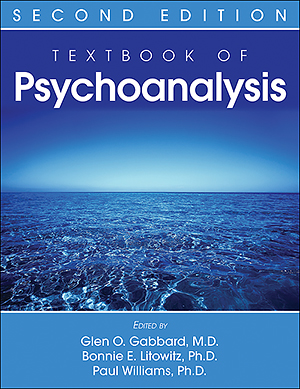Sections
Excerpt
There has been an awareness from the earliest days of psychoanalysis that the analyst is deeply, sometimes disturbingly, affected by engagement with the patient’s unconscious experience. Sigmund Freud (1910) coined the term countertransference to refer to the therapist’s unconscious reaction to the analysand’s transference and noted that handling one’s emotions toward the patient presented the analyst with a significant challenge. It was recommended that the clinician use the countertransference as a stimulus to self-analysis so that one’s capacity to listen to the patient’s concerns could proceed without interference from the analyst’s private reactions. In this chapter, I review the development of the concept of countertransference from initially being seen as a hindrance to later perspectives that view it as a means by which to better -understand the patient, thereby enhancing the therapeutic process.
Access content
To read the fulltext, please use one of the options below to sign in or purchase access.- Personal login
- Institutional Login
- Sign in via OpenAthens
- Register for access
-
Please login/register if you wish to pair your device and check access availability.
Not a subscriber?
PsychiatryOnline subscription options offer access to the DSM-5 library, books, journals, CME, and patient resources. This all-in-one virtual library provides psychiatrists and mental health professionals with key resources for diagnosis, treatment, research, and professional development.
Need more help? PsychiatryOnline Customer Service may be reached by emailing [email protected] or by calling 800-368-5777 (in the U.S.) or 703-907-7322 (outside the U.S.).



